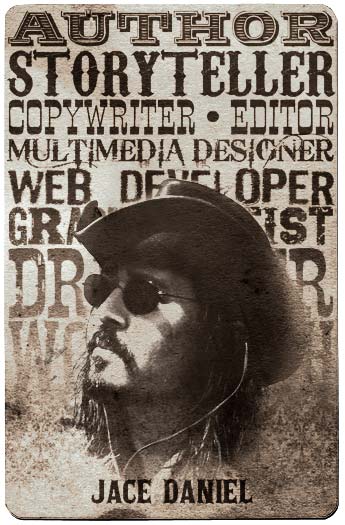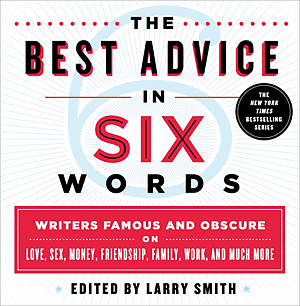From ProofreadNOW:
Press releases, news reports, and newsletters often include quotations. As the writer, you sometimes find the need to explain or elaborate. You can use brackets to do so. Here’s how.
Parentheses within a quotation enclose material that is part of the quotation. Brackets are the only mark of punctuation that indicate that the enclosed material is not part of the quotation.
The mayor said, “John is my choice for treasurer” may not be clear if John has not been identified or if more than one John has been mentioned. The mayor said, “John [Smith] is my choice for treasurer” uses brackets to give the surname without misquoting the mayor.
The mayor said, “He is my choice for treasurer” can be clarified by replacing the pronoun with the bracketed name: The mayor said, “[John Smith] is my choice for treasurer.” The pronoun could be allowed to stay—The mayor said, “He [John Smith] is my choice for treasurer”—but it is rarely necessary to hold the reader up this way; it is usually better to omit the pronoun.
Smith said, “The Bard of Amherst [Emily Dickinson, 1830-86] is my favorite poet” uses the bracketed material after The Bard of Amherst rather than in place of it, because it is not just a pronoun that would be displaced; the writer does not want to lose the epithet that Smith used but does want to explain it.
The mayor said, “Smith [who is now out on bail] may not seem the obvious choice” uses brackets to supply material that may not be essential to clarify what the mayor said but that the writer thinks readers will find relevant.
Smith said, “I base my oratorical style on that of Pliny the Elder [actually, Pliny the Younger; the elder Pliny was a naturalist] and expect to overwhelm the electorate with my eloquence” uses brackets to enclose a correction. Such bracketed corrections are apt to seem snide and often are snide—which is all right when writers are being frankly derisive, but objectionable if they are just slipping in a little dig to make themselves appear superior to whomever they are quoting. The overuse of [sic] indicates such a smart aleck—[sic] is useful when it is important to point out an error, but it should not appear after every minor error; minor errors should either be allowed to stand for readers to notice themselves or else be quietly corrected, except in works of literary, historical, or legal significance in which such correction would be an unacceptable violation of the text.
Excessive uses of [sic] sometimes expose themselves: “Who [sic] shall I say is calling?” she warbled indicates that the writer, ignorant of proper grammar, thinks Whom would be correct. And GT readers know “Who shall I say is calling?” is indeed correct!
Source: The Handbook of Good English by Edward D. Johnson, 1991, Pocket Books.










Comments on this entry are closed.